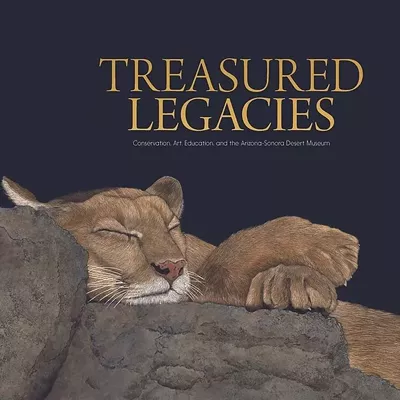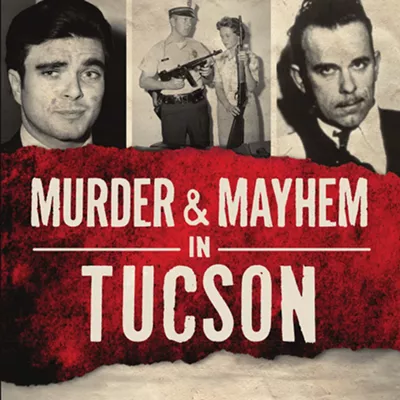I don't remember when there wasn't music going on in our house: my father whistling while he was figuring out how to fix something; my brother Pete practicing the "Ave Maria" for his performance
with the Tucson Arizona Boys Chorus; my sister, Suzy, sobbing a Hank Williams song with her hands in the dishwater; my little brother, Mike, struggling to play the huge double bass.
Sundays, my father would sit at the piano and play most anything in the key of C. He sang love songs in Spanish for my mother, and then a few Sinatra songs while he remembered single life before children, and responsibilities, and the awful war. My sister sang the role of Little Buttercup in a school production of H.M.S. Pinafore when she was in the eighth grade, so she and my mother would play from the big Gilbert and Sullivan book that sat on the piano. If they were in a frisky mood, they would sing "Strike Up the Band" or "The Oceana Roll." We would all harmonize with our mother on "Ragtime Cowboy Joe." When we got tired of listening to our own house, we would tramp across the few hundred yards to the house of our Ronstadt grandparents, where we got a pretty regular diet of classical music. They had what they called a Victrola and would listen to their favorite opera excerpts played on 78 rpm recordings. La Traviata, La Bohème, and Madama Butterfly were the great favorites. On Saturdays they would tune in to the Metropolitan Opera radio broadcast or sit at the piano trying to unravel a simple Beethoven, Brahms, or Liszt composition from a page of sheet music.
Evenings, if the weather wasn't too hot or freezing, or the mosquitoes weren't threatening to carry us away to the Land of Oz, we would haul our guitars outside and sing until it was time to go in, which was when we had run out of songs. There was no TV, the radio couldn't wander around with you because it was tethered to the wall, and we didn't get enough allowance to buy concert tickets. In any case, there weren't many big acts playing in Tucson, so if we wanted music, we had to make our own. The music I heard in those two houses before I was ten provided me with material to explore for my entire career.
Our parents sang to us from the time we were babies, and one haunting lullaby was often included in our nighttime ritual. It was a traditional song from northern Mexico that my father had learned from his mother, and it went like this:
Arriba en el cielo Up in the sky
Se vive un coyote There lives a coyote
Con ojos de plata With silver eyes
Y los pies de azogue And feet of mercury
Mátalo, Kill it,
Mátalo por ladrón Kill it for a thief
Lulo, que lulo Lulo, Lulo
Que San Camaleón Saint Camaleón
Debajo del suelo From underneath the floor
Que salió un ratón There goes a rat
Mátalo, Kill it,
Mátalo, con un jalón Kill it with a stake
Our mother had brought her own traditions from Michigan, and her songs were even grimmer. She sang us a song about Johnny Rebeck, whose wife accidentally ground him up in a sausage machine of his own invention. After that, she sang:
Last night my darling baby died
She died committing suicide
Some say she died to spite us
Of spinal meningitis
She was a nasty baby anyway
We would howl with laughter and chorus back at her in threepart harmony:
Oh, don't go in the cage tonight, Mother darling
For the lions are ferocious and may bite
And when they get their angry fits
They will tear you all to bits
So don't go in the lion's cage tonight







